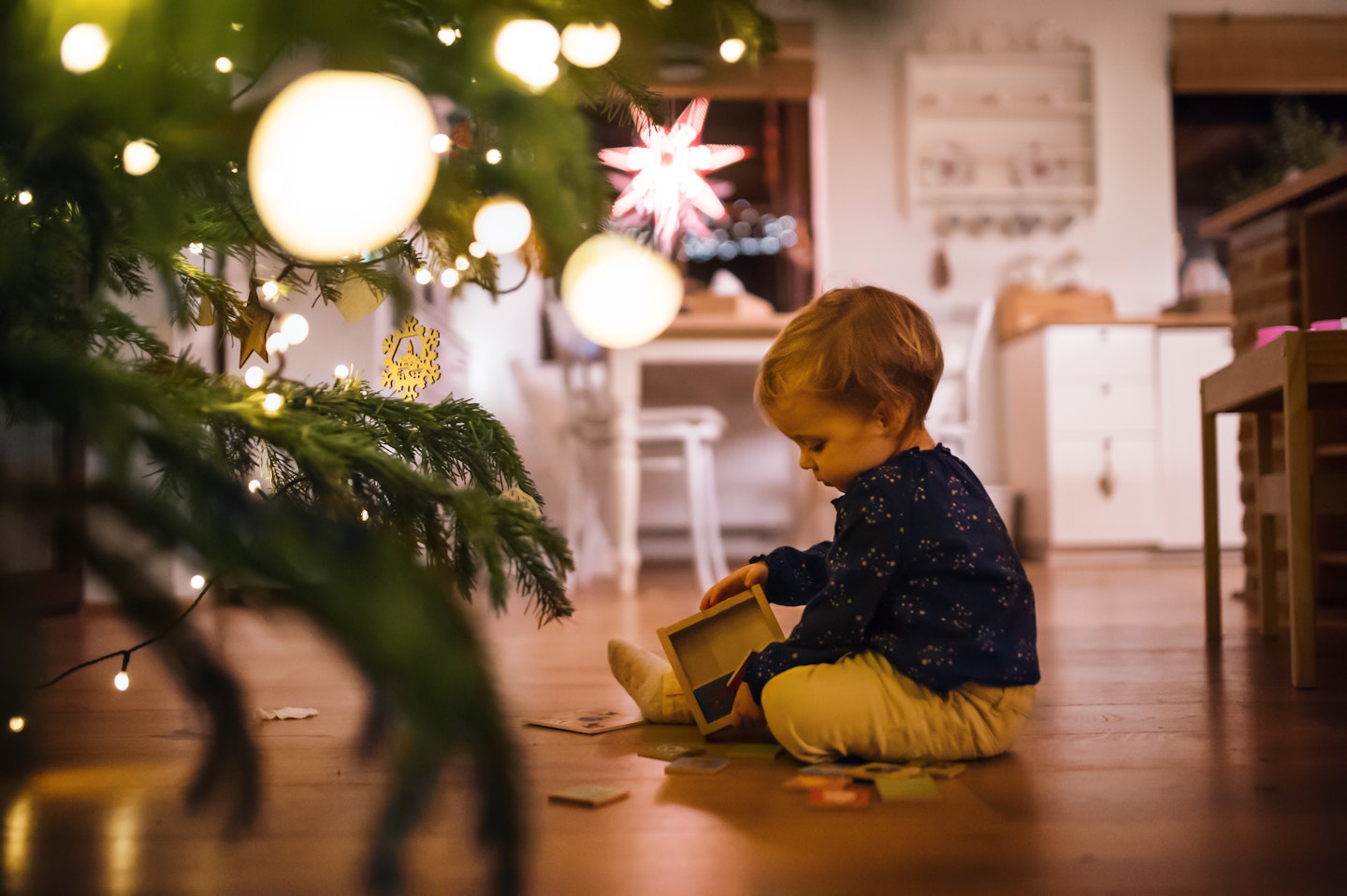As a family barrister, I have had over twenty years of watching parents separate.
Some do it well, full of sorrow and hurt, but determined to retain a residual partnership, to ride over the inevitable bumps, in order to allow them to co-parent together.
Sadly, in my experience, this is the exception rather than the norm, particularly in the first few years after separation. And there is no event designed to challenge shaky foundations of co-parenting better than Christmas, especially the first Christmas after separation.
It's a holiday everyone loves – and has strong opinions about based on their own childhood memories. One important day, all about family (including the grandparents and uncles and great aunts…) but stressful and laced with expectation and almost inevitably involving alcohol: what could possibly go wrong?!
With this in mind, let me share with you my top tips for a peaceful Christmas for separated parents…
1) It’s all about the children

While all separated parents' Christmas arrangements will be different, this cannot be emphasised enough; make it your golden rule and you can’t go far wrong.
Even if you have an unreliable co-parent, if you are determined to make it work as well as possible for the children, you will be protecting them from stress and rancour. Hide any and all disagreement with your ex from the children – it is an adult issue and they should know nothing of it. Sensitively, seek their views of what they want, but make it clear the adults will be making the final decision. If wider family members start to speak ill of their other parent, shut it down immediately. Make arrangements that benefit the children, not the adults. Do your kids really want to travel on Christmas Day and suffer two turkey dinners? Might they not prefer to alternate Christmas Eve to Boxing Day instead?
If s/he lives near, could you bear it if the other parent popped over for an hour in the morning to give the children presents?
2) Plan well in advance

Arrangements for Christmas are fraught with both emotional and logistical difficulty – you need the children on Boxing Day because Great Grandma is visiting; your ex needs them on Boxing Day because there is a family tradition of a visit to the pantomime. Lots of time is needed to iron out the details: try and agree by September, if not earlier.
Similarly, even if you have agreed arrangements verbally, send a friendly email confirming everything. Misunderstandings happen and this gives both parents the chance to consider the plans in black and white and minimises the chance of mistakes. It also gives you the opportunity to get help if an agreement is elusive. Which brings me neatly to…
3) Mediation
If you cannot agree, get yourselves to a qualified mediator sharpish! The Family Mediation Council has a tool to help you find someone locally. If matters cannot be resolved in mediation you may need to go to Court, but that is stressful, expensive and neither the Judge nor your children will thank you for a court battle over Christmas plans. If you have to compromise to avoid it, do. Mediation works – use it.
4) Presents

A big bone of contention. Never see Christmas as a competition to buy the most presents or the most expensive gift. Ideally, you and your ex should be buying agreed big presents jointly or at least divvying up the list. Limits must be set and you should both adhere to them.
This requires discussion – by email or text or parenting tool (try ‘Our Family Wizard’) if relationships are not good enough for a proper chat.
I had a client whose ex refused to tell him what she bought each year, leading inevitably to a ‘thanks Dad but Mum already bought me that’. If you do this, you are causing your children stress and heartache, just as much as your ex. It is not the action of a responsible parent.
You also need to consider what the children are buying or making for your ex. While teenagers can usually manage with some prompting, younger children will need help to create or purchase a present for their other parent. Make no mistake, this is your job (just as it is on your ex’s birthday, or mother/father’s day). Irritatingly, it remains your job even if they do not reciprocate: let the children see, through your actions, that you value their relationship with their other parent.
They will thank you for it when they are older.
5) Take care of yourself

When you are a parent, Christmas without the kids can be really difficult. Acknowledge this and make plans to catch up with friends or travel or do things you would not be able to do if the children were with you. (One of my friends has a pilgrimage to the sales on Boxing Day every second year that she really looks forward to; another gets rip-roaring drunk with a single friend and then sleeps off the hangover, uninterrupted). Never let the children see if you have had a miserable time while they have been away; it puts unfair pressures and responsibilities on them which is your job as a parent to shoulder.
And my very top tip? Separate from a continental European, who celebrate on Christmas Eve or Epiphany, leaving 25th December just for you!
About the expert
Ceri White is a family barrister with over 20 years’ experience in children’s law. She is a Leading Junior and described as a “powerhouse” by the Legal 500. She practices in all areas of children’s law, with a particular specialism in residence/contact disputes, and is a member of the Direct Access scheme so can be instructed with or without a solicitor, for advice pre-proceedings or representation at Court.
